How To Recover Your Dog’s Gut After Antibiotics?

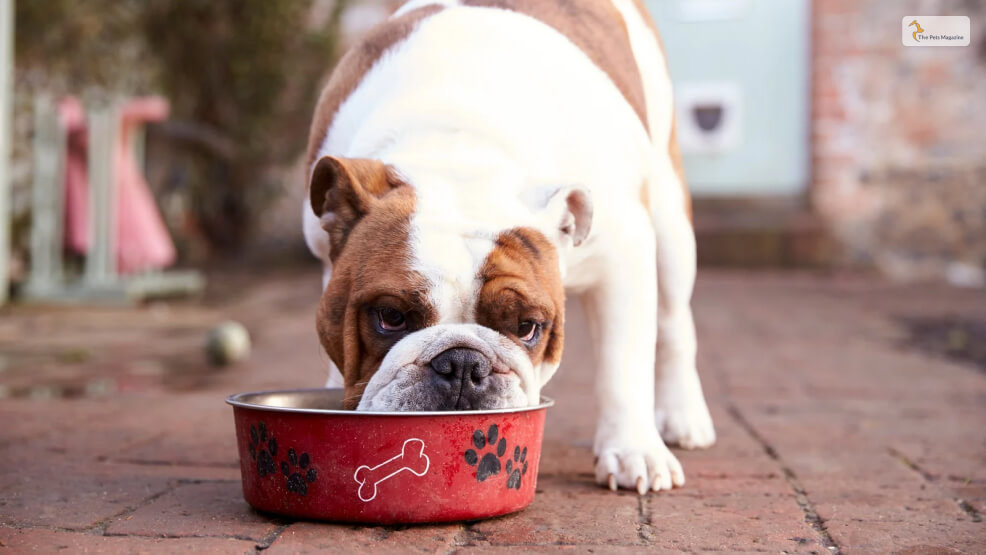
Antibiotics can be lifesaving for our furry friends, effectively combating infections and illnesses. However, while these medications are essential, they can also disrupt the delicate balance of your dog’s gut microbiome. This imbalance can lead to digestive issues, weakened immunity, and overall discomfort for your pet.
Understanding how to restore your dog’s gut health post-antibiotics is crucial for their long-term well-being. In this article, we will explore practical and effective strategies to help your dog recover their gut health, ensuring they return to their happy, healthy selves as quickly as possible.
What Are Antibiotics and How Do They Affect Dogs’ Guts?
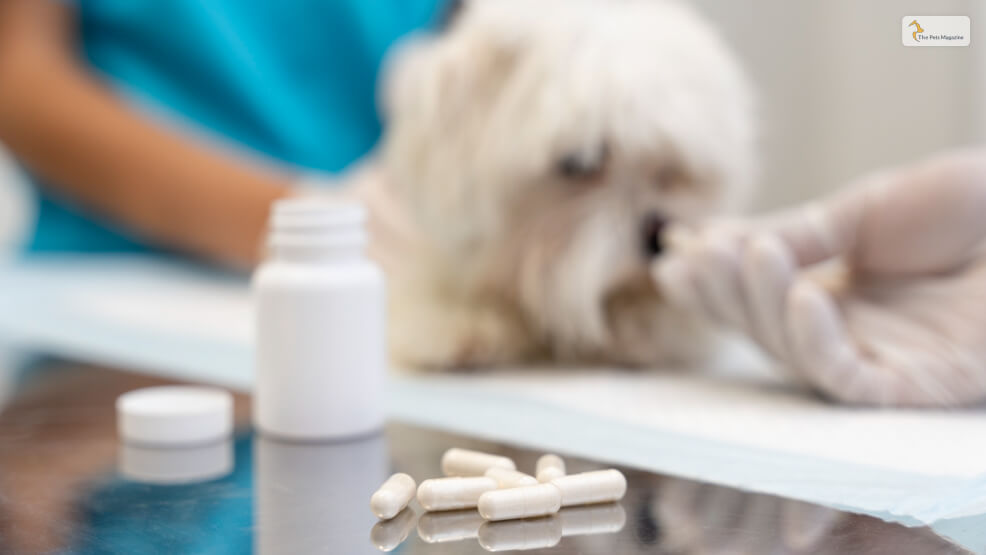
Antibiotics are often essential for a dog’s recovery from various infections, injuries, or surgeries. However, antibiotics can cause serious damage to gut health and, therefore, should be used consciously.
Antibiotics work against infections and kill bacteria or prevent their reproduction, but on the other hand, they also kill the bacteria that is beneficial to dogs’ gut health. Antibiotics in general, can’t treat only one type of bacteria, so they affect the whole microbiome, sometimes creating serious damage to its health and balance.
A healthy microbiome is crucial for the normal functioning of a dog’s body and its immune system. Antibiotics can affect it in a way that they reduce the good bacteria in the gut and their diversity, as well as affect the immune and metabolic activity. Therefore, antibiotics can cause:
- Vomiting
- Diarrhea
- Nausea
- Reduced apatite
- Bloating
- Stomach pain
- Yeast infection
When Should Antibiotics Be Used?
Antibiotics are, unfortunately, often prescribed even when they are not the best solution to the problem. They can eliminate bacteria, but are, for example, not effective with viruses and some other health issues.
The problem occurs when they are given too often which creates resistance and bacteria get harder to kill in the future. That’s why antibiotics should be prescribed only when necessary, and the vet should know what type of bacteria you are targeting exactly.
How to Restore Your Dog’s Gut Health?
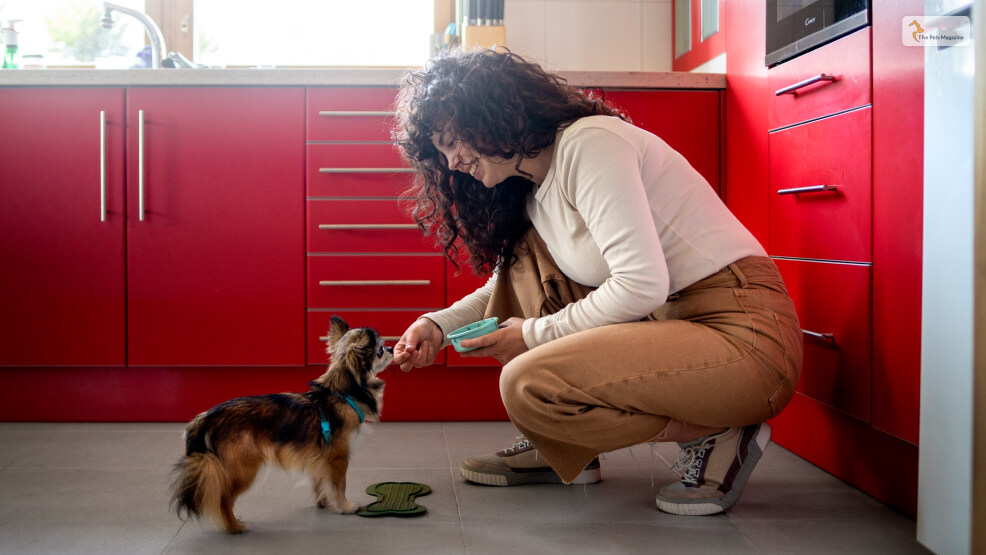
After treating your dog with antibiotics, you should make sure to take care of its gut health and restore it while promoting the growth of beneficial bacteria.
Use Probiotics
Probiotics for dogs are made to restore dogs’ gut and repopulate it with good bacteria after the use of antibiotics. The use of antibiotics can create an imbalance in a dog’s gut and affect its overall health.
Giving Probiotics will prevent the growth of pathogenic bacteria and promote the growth of beneficial ones while also stimulating the immune system. You should give probiotics to your dog at the same time as you give antibiotics and, after that, for at least two weeks. Probiotics often come as supplements that you should feed to your dog with the food about two hours after giving it the antibiotic.
Here are some examples of probiotic supplements for dogs:
- Purina Fortiflora: This is a popular probiotic supplement that contains live, active cultures of beneficial bacteria.
- NuVet Canine Plus: This supplement contains a blend of probiotics, enzymes, and vitamins to support digestive health.
- VetriScience Canine Probiotics: This product offers a variety of probiotic formulas to address specific digestive needs.
- Wellness Core Digestive Health Supplement: This supplement contains probiotics and digestive enzymes to support gut health.
- Canidae Life Stages Probiotics: This supplement is designed to support digestive health at all life stages.
When choosing a probiotic supplement for your dog, consider the following factors:
- Quality: Look for products that contain high-quality probiotics and avoid those with artificial additives or fillers.
- Dosage: Follow the recommended dosage instructions on the product label.
- Veterinary recommendation: Consult with your veterinarian to determine the best probiotic supplement for your dog’s specific needs.
Remember to introduce any new supplement gradually to avoid upsetting your dog’s digestive system.
Natural Alternatives of Probiotics
Yogurt: Plain, unsweetened yogurt can be a good source of probiotics. Ensure it doesn’t contain xylitol, which is toxic to dogs.
Kefir: This fermented milk drink is rich in probiotics and can be a healthy addition to your dog’s diet.
Add Bone Broth
Besides probiotic supplements, some foods can work as a probiotics for dogs, too. For example, bone broth is very good for restoring dogs’ gut health and works very well against inflammation. As it contains collagen, amino acids, and minerals, it will have a good effect on your dog’s gut recovery.
The nutrients in regular dry dog food are usually not enough for recovery from antibiotics, so you will make a big step and help your dog with preparing some bone broth at home.
Avoid Sugars
Giving antibiotics to dogs may cause an imbalance in their gut, which affects their overall health and can result in yeast infection. The symptoms of a yeast infection are itching on the skin and ears, paws becoming red, and a musty smell.
Yeast infections are difficult to get rid of, and while probiotics will help, the most important is the dog’s diet. As the yeast feeds on sugar, you must provide a low-sugar diet to your dog and avoid all processed food and carbohydrates.
Provide Liver Support
The liver is essential in the recovery process after antibiotics, so it may need some extra support. In the recovery period, it is good to feed your dog food that is rich in protein, amino acids, selenium, and zinc.
A balanced and nutritious diet will already do great, but adding some supplements to your dog’s food bowl may even give better results and help faster recovery. To be sure you are doing the right thing, speak with your veterinarian and get the proper prescription and professional advice.
Summing Up
Excessive use of antibiotics in dogs can create various digestive problems, and in some cases even lead to secondary infections that can be even harder to treat. These negative effects of antibiotics can continue to cause problems to your dog even after it stops taking them, and it can take some time before the “good” bacteria restore the microbiome in the dog’s gut.
To help your dog recover fast and as easily as possible, give them antibiotics consciously and only when that’s absolutely necessary. Carefully select the dosage and follow the vet’s prescription and instructions. During and after the treatment with antibiotics, it would be good to supplement your dog’s food with probiotics and food that can help recover its gut health and balance.






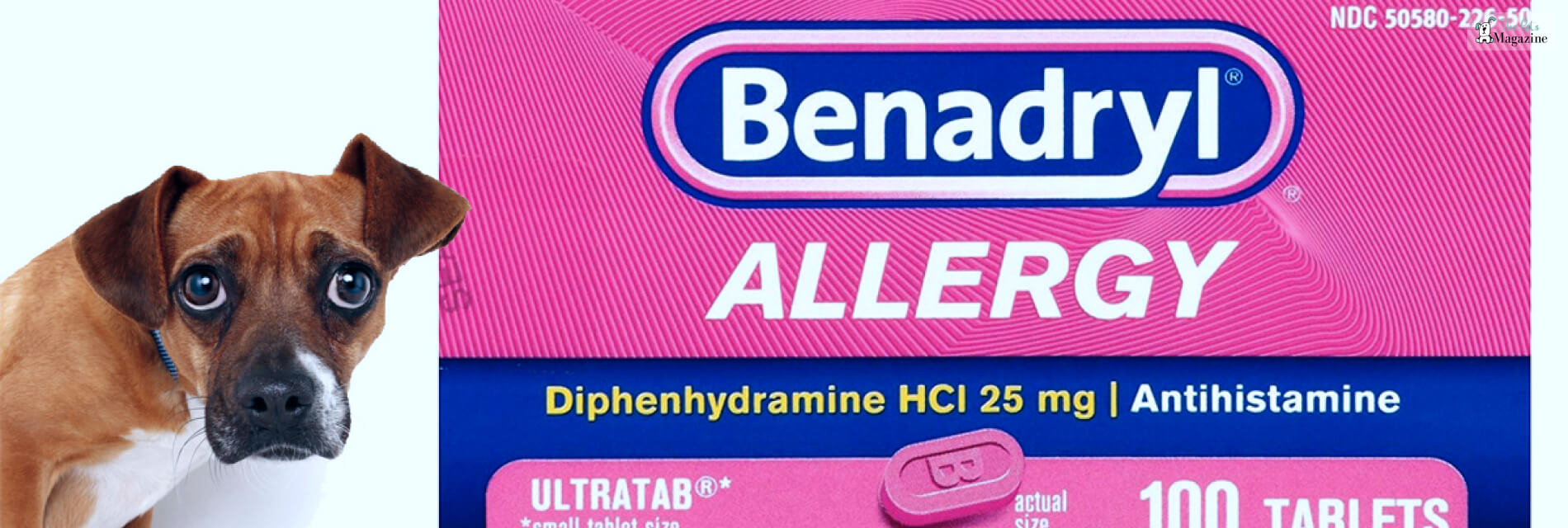
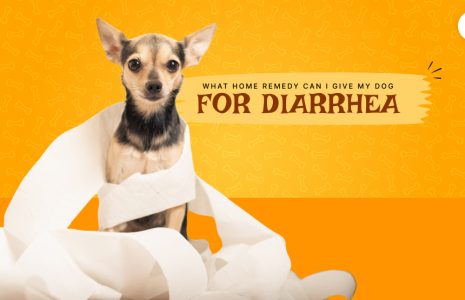
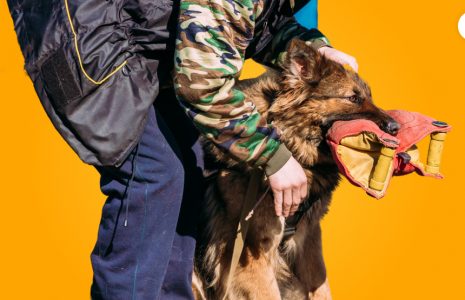
Leave A Comment